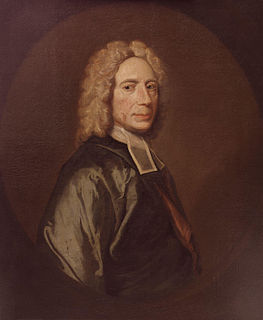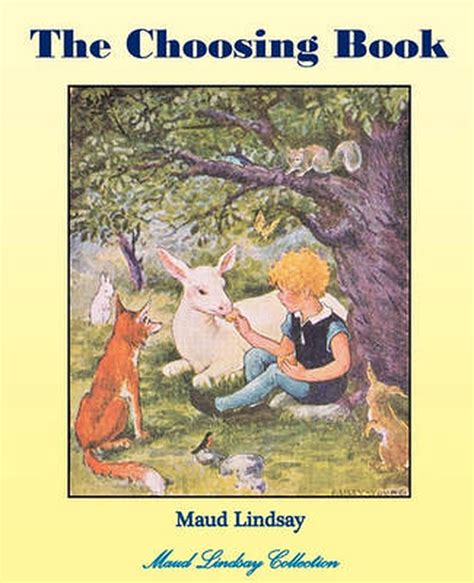A Quote by Mary Howitt
The wild sea roars and lashes the granite cliffs below,And round the misty islets the loud strong tempests blow.
Related Quotes
It is a pleasure to stand upon the shore, and to see ships tost upon the sea: a pleasure to stand in the window of a castle, and to see a battle and the adventures thereof below: but no pleasure is comparable to standing upon the vantage ground of truth . . . and to see the errors, and wanderings, and mists, and tempests, in the vale below.
Midsummer Night was roasting hot. The shore, of red granite, glowed with the heat; the dark blood of the earth seemed to be rising from below. There was a sharp, unbearable smell of birds, of cod, of green decaying seaweed. Through the mist the huge ruddy sun loomed nearer and nearer. And in the sea, dark blood welled up to meet it - in bloated, rearing, huge white waves. Night. The mouth of the bay between two cliffs was like a window. A window shutting out curious eyes with a white shade-white woolly fog. And all that you could see was that behind it something red was happening. (The North)
When winds are raging o'er the upper ocean And billows wild contend with angry roar, 'Tis said, far down beneath the wild commotion That peaceful stillness reigneth evermore. Far, far beneath, the noise of tempests dieth And silver waves chime ever peacefully, And no rude storm, how fierce soe'er it flyeth Disturbs the Sabbath of that deeper sea.
The night is darkening round me,
The wild winds coldly blow;
But a tyrant spell has bound me
And I cannot, cannot go.
The giant trees are bending
Their bare boughs weighed with snow;
The storm is fast descending,
And yet I cannot go.
Clouds beyond clouds above me,
Wastes beyond wastes below;
But nothing drear can move me;
I will not, cannot go.






































